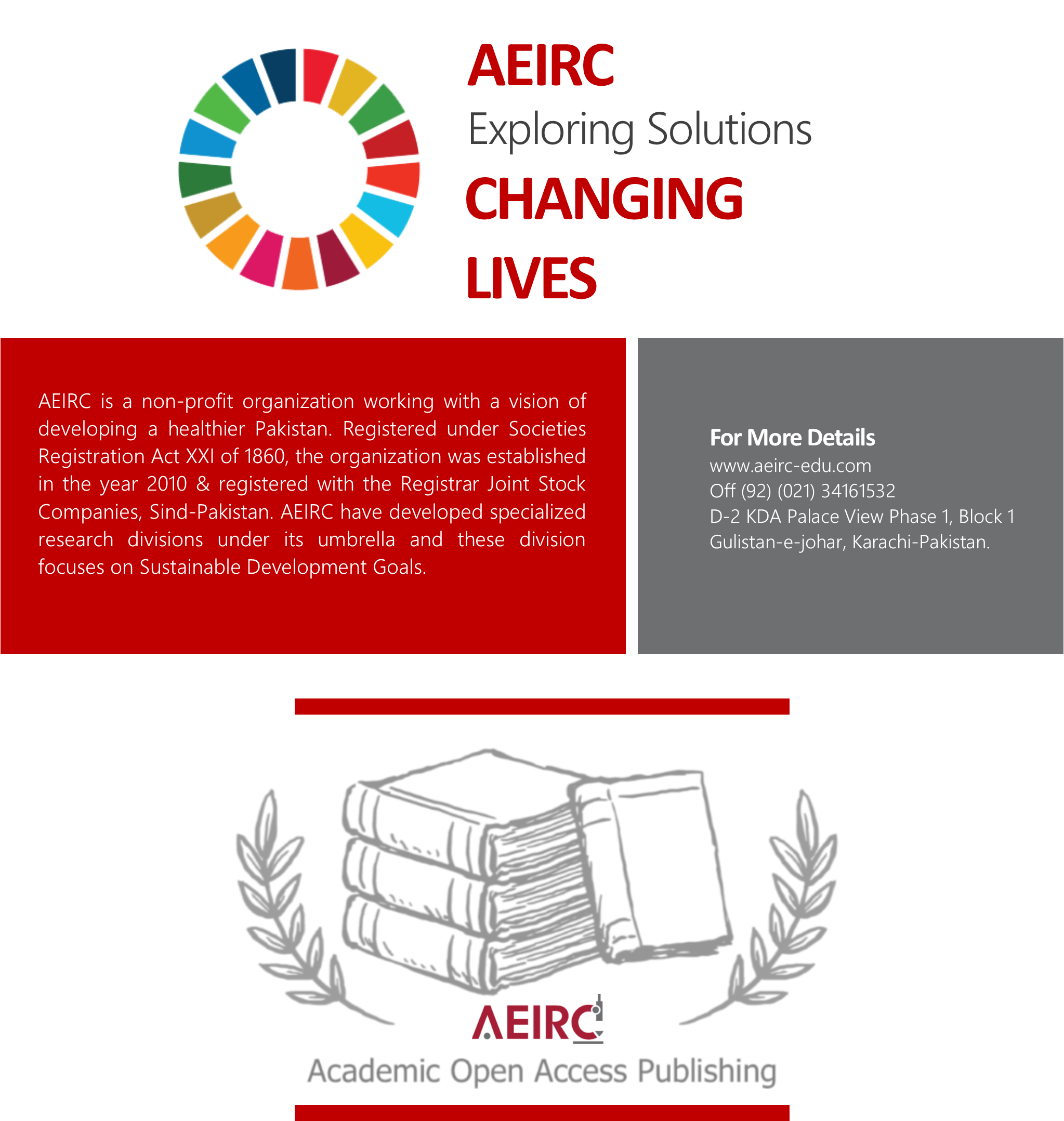Investigating the impact of eye movement desensitization and reprocessing (EMDR) in reducing birth trauma symptoms
DOI:
https://doi.org/10.29052/2412-3188.v9.i2.2022.67-75Keywords:
Post-Traumatic Stress Disorder, PTSD, Birth, Postpartum, EMDR, GSR, Skin ConductanceAbstract
Background: Childbirth-related traumatic experiences are an overlooked area of psychological suffering, often leading to Post-Traumatic Stress Disorder, Perinatal Mood and Anxiety Disorders, and difficulties in bonding between mother and baby. This study aimed to evaluate the effectiveness of Eye Movement Desensitization and Reprocessing as a brief psychological intervention in reducing Birth Trauma symptoms.
Methodology: Using a prospective experimental longitudinal design, 12 women residing in Singapore with Birth Trauma symptoms received three 90-minute eye-movement and desensitization (EMDR) sessions over two weeks on average. Participants were assessed through two trauma self-report questionnaires and underwent a brief Autonomic Nervous System (ANS) assessment.
Results: Post-treatment assessment showed significant differences in mean trauma scores with a 76% reduction on the Modified Perinatal PTSD Questionnaire (z = -3.061, p = .002) and 70% reduction on the Impact of Event Scale Revised (z = -3.061, p = 0.002). Skin conductance response changes from baseline to stressor reduced by 4% but were not statistically significant (z = -.863, p = 0.39).
Conclusion: Brief EMDR has shown promise as an effective treatment for Birth Trauma. Larger controlled randomized studies are required to evaluate the effectiveness of EMDR when compared to a placebo control group.
Downloads
Published
How to Cite
Issue
Section
License
Copyright (c) 2022 The Author

This work is licensed under a Creative Commons Attribution 4.0 International License.









